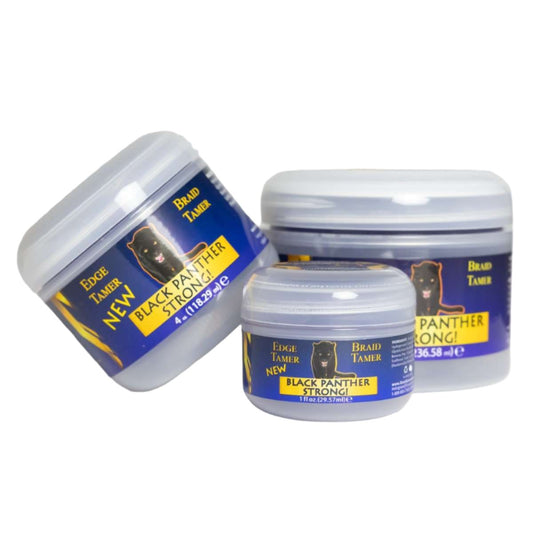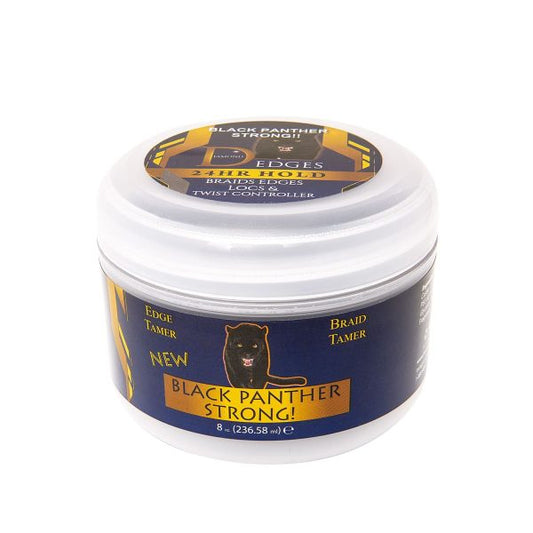Glowing Melanined Skin: Essential Tips for a Radiant Complexion
Glowing Melanined Skin: Essential Tips for a Radiant Complexion
Darker skin tones, rich in melanin, have unique beauty and skincare needs. While melanin offers natural protection against the sun, it also presents challenges such as hyperpigmentation, uneven skin tone, and a higher propensity for certain skin conditions. This blog provides essential skincare tips for darker-skinned women to help achieve and maintain a healthy, radiant complexion.
1. Hydrate Inside and Out
Hydration is fundamental to healthy skin. Drinking adequate water daily helps maintain skin elasticity and prevents dryness. Aim to consume at least eight glasses of water each day. Additionally, eat water-rich foods such as cucumbers, watermelon, and oranges. Topically, use hydrating serums or moisturizers that contain ingredients like hyaluronic acid to keep your skin plump and hydrated.
2. Sunscreen is a Must
A prevalent misconception is that darker skin tones do not require sunscreen. While melanin offers some protection, it is not enough to completely shield against UV damage, which can lead to hyperpigmentation, dark spots, and even skin cancer. Use a broad-spectrum sunscreen with at least SPF 30 daily. Opt for sunscreens formulated for darker skin to avoid the white residue some products leave behind.
3. Address Hyperpigmentation
Hyperpigmentation, or dark spots, is a common issue for darker-skinned women. To prevent and treat hyperpigmentation, incorporate products with ingredients like vitamin C, niacinamide, and licorice root extract, which can help brighten the skin and reduce dark spots. Regular exfoliation with gentle products containing alpha hydroxy acids (AHAs) or beta hydroxy acids (BHAs) can also help by promoting cell turnover and evening out skin tone.
4. Gentle Cleansing is Key
Cleansing is a vital step in any skincare routine. Use a gentle, sulfate-free cleanser to remove dirt, oil, and makeup without stripping the skin of its natural oils. Over-cleansing can lead to dryness and irritation, so stick to washing your face twice a day – once in the morning and once at night.
5. Moisturize Daily
Moisturizing helps maintain the skin’s barrier function and prevents dryness. Choose a moisturizer suited to your skin type. If you have dry skin, a rich, creamy moisturizer is best. For oily or combination skin, opt for a lightweight, oil-free moisturizer. Ingredients like shea butter, glycerin, and hyaluronic acid are excellent for keeping the skin hydrated and smooth.
6. Exfoliate Regularly but Gently
Exfoliation helps remove dead skin cells, revealing fresher, brighter skin. However, it’s essential not to over-exfoliate, as this can cause irritation. Use a gentle exfoliant once or twice a week to keep your skin smooth and radiant. Avoid harsh scrubs, which can be too abrasive for the skin.
7. Combat Acne Effectively
Acne can be particularly challenging for darker skin, often leading to hyperpigmentation. Use non-comedogenic products to avoid clogging pores and incorporate acne-fighting ingredients like salicylic acid or benzoyl peroxide into your routine. For stubborn acne, consider seeing a dermatologist for prescription treatments tailored to your skin’s needs.
8. Protect Against Keloids
Darker skin tones are more prone to developing keloids, which are raised scars that can form after an injury or surgery. To minimize the risk of keloids, avoid unnecessary skin trauma and treat wounds promptly. Use silicone gel sheets or pressure dressings to prevent keloid formation. If you develop keloids, consult a dermatologist for treatment options, which may include corticosteroid injections or laser therapy.
9. Nourish Your Skin from Within
A balanced diet rich in antioxidants, vitamins, and minerals can significantly benefit your skin. Incorporate plenty of fruits, vegetables, nuts, and seeds into your meals. Foods rich in omega-3 fatty acids, such as fish and flaxseeds, can help reduce inflammation and keep your skin looking vibrant.
10. Regular Dermatologist Visits
Routine check-ups with a dermatologist are essential for maintaining healthy skin. A dermatologist can help address specific concerns, recommend suitable products, and provide treatments for conditions like hyperpigmentation, acne, and keloids. Early detection and treatment of skin issues can prevent them from becoming more severe.
Conclusion
Caring for darker skin tones requires a tailored approach that addresses its unique characteristics and needs. By following these skincare tips, you can achieve and maintain healthy, glowing skin. Remember, consistency is crucial, and it’s important to listen to your skin and adjust your routine as needed. Embrace and celebrate the beauty of your melanin-rich skin!


